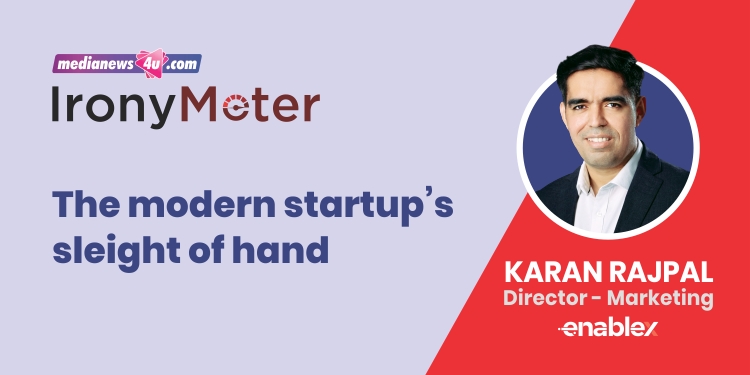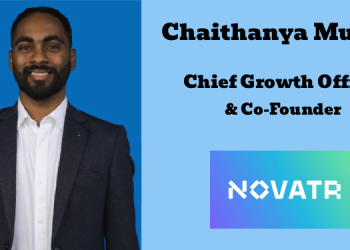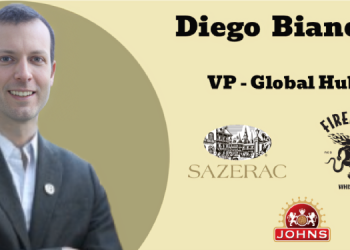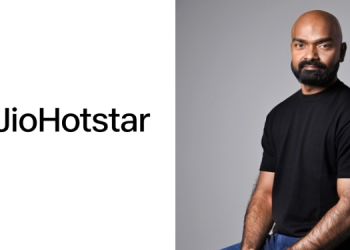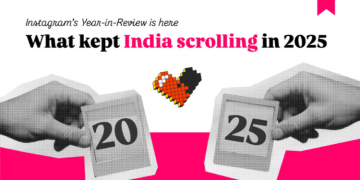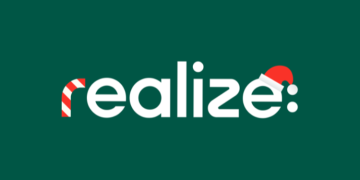Most often, this column is about marketing. But, from clever puns in app update notes to the gravity-defying spin in PR statements and narratives, one can say in today’s performative era, everything about a business is marketing.
And as businesses go, many of them in the past years have performed a sleight of hand that’s just about coming undone in many ways. You would have read the popular WhatsApp forward – Uber owns no cars, Airbnb doesn’t own any hotels – you get the drift. Many of these companies have even been listed on stock exchanges around the world. Thank god Paytm does own some money in its account due to the fantastic (for the founders) IPO, else we would have been a platform world sooner than the last few years.
Startups are the modern world’s magicians. They perform tricks at scale previously unfathomable, at speeds rivaling super sonic. But as always, the suspension of disbelief must end.
The narrative on startups is rather rudimentary: Ingenuity applied to long standing business problems, when confronted at scale and lots of capital, can transform business categories. And in the short term, it did. Airbnb made short term rentals so profitable, people in some western nations made their entire living from buying houses, ensuring rent covered the housing loans, while generating income. TikTok and Instagram influencers from the West would make you believe owning twenty, even fifty such properties is child’s play (only if you bought their $20 course).
But, as always, the devil is in the details. A dispassionate look would have you believe why many of these businesses scaled. One, they flew in the face of industry and general business regulations. And that they applied capital where it was required. In the last few years, the global scale of their business, and the revenue generated would make you feel that yes, market shares were displaced from incumbents to them. But, reality is like gravity – it eventually pulls down the most high-flying rockets.
As capital flowed freely, the capital advantage flew quickly off the table. Copycats sprung up and received as much capital as the first large brand. And eventually, in sectors like edtech, we are today left with not just the husk of leading brands, but of an entire industry. As interest rates have climbed, the same influencers who bought scores of properties to rent them on Airbnb are now struggling to make interest payments on their mortgages. If you believe the founders, the investors and the business press, it would seem the world has been very unfair to them. For every fund and company that couldn’t reach IPO, sell its ESOPs, the dream is a little muddled right now.
In truth, the markets required resetting of a different kind. In response to startup models, legacy hotel companies are moving from being land and building owners to hospitality service providers, governments are launching apps to make ride hailing accessible, while keeping fares regulated and fair (Namma Auto is a great example), and customers are finding the sweet middle spot to get value.
The final word on these companies can’t be written yet – perhaps, ever. But the enduring lesson from the last few years is this: beating government regulations and upending industry conventions doesn’t always lead to glory. Unless you IPO, that is.
(The author is Director – Marketing at EnableX, a communications SaaS company. He tweets at @ironymeter. Views expressed are personal.)

